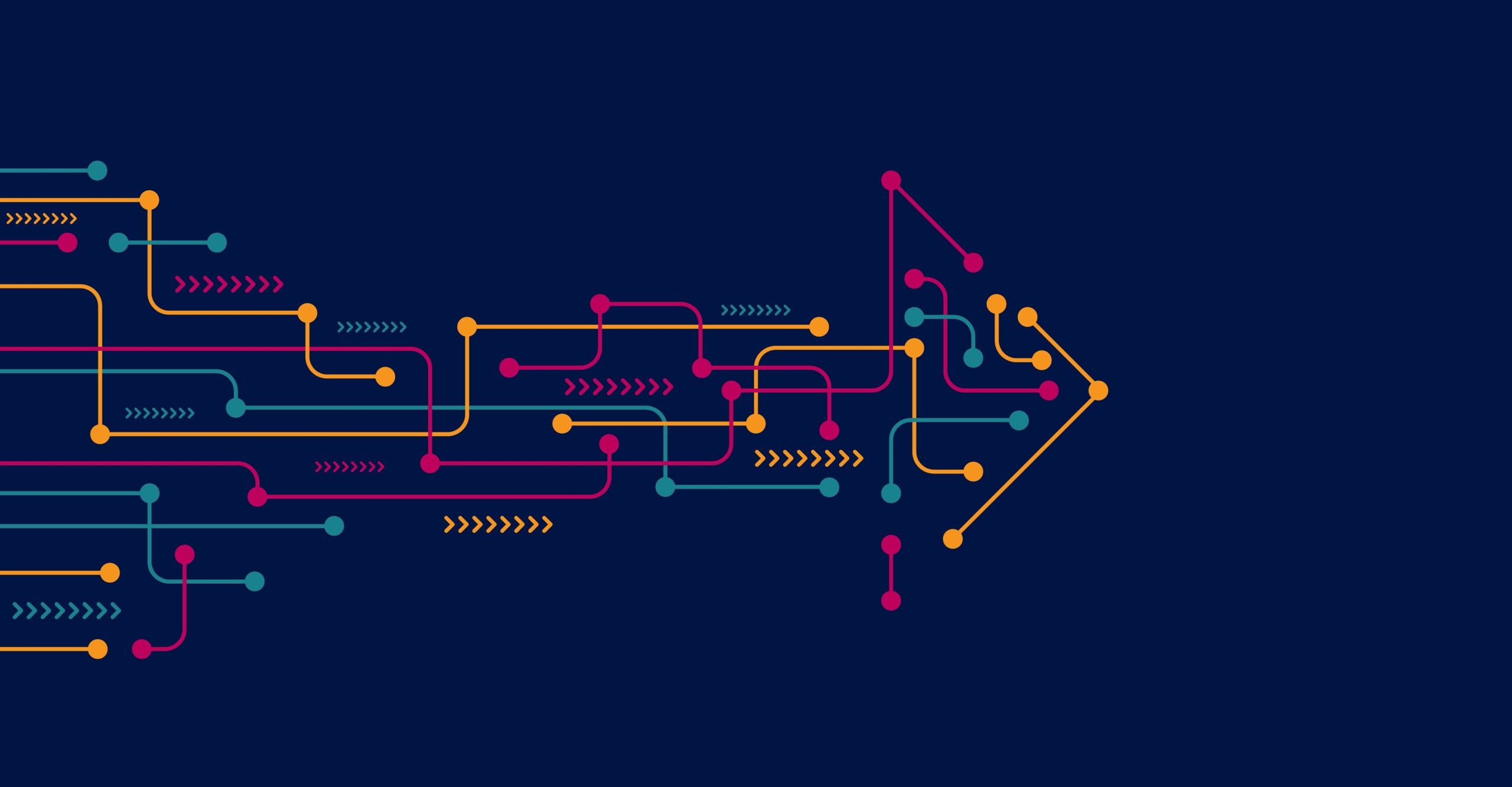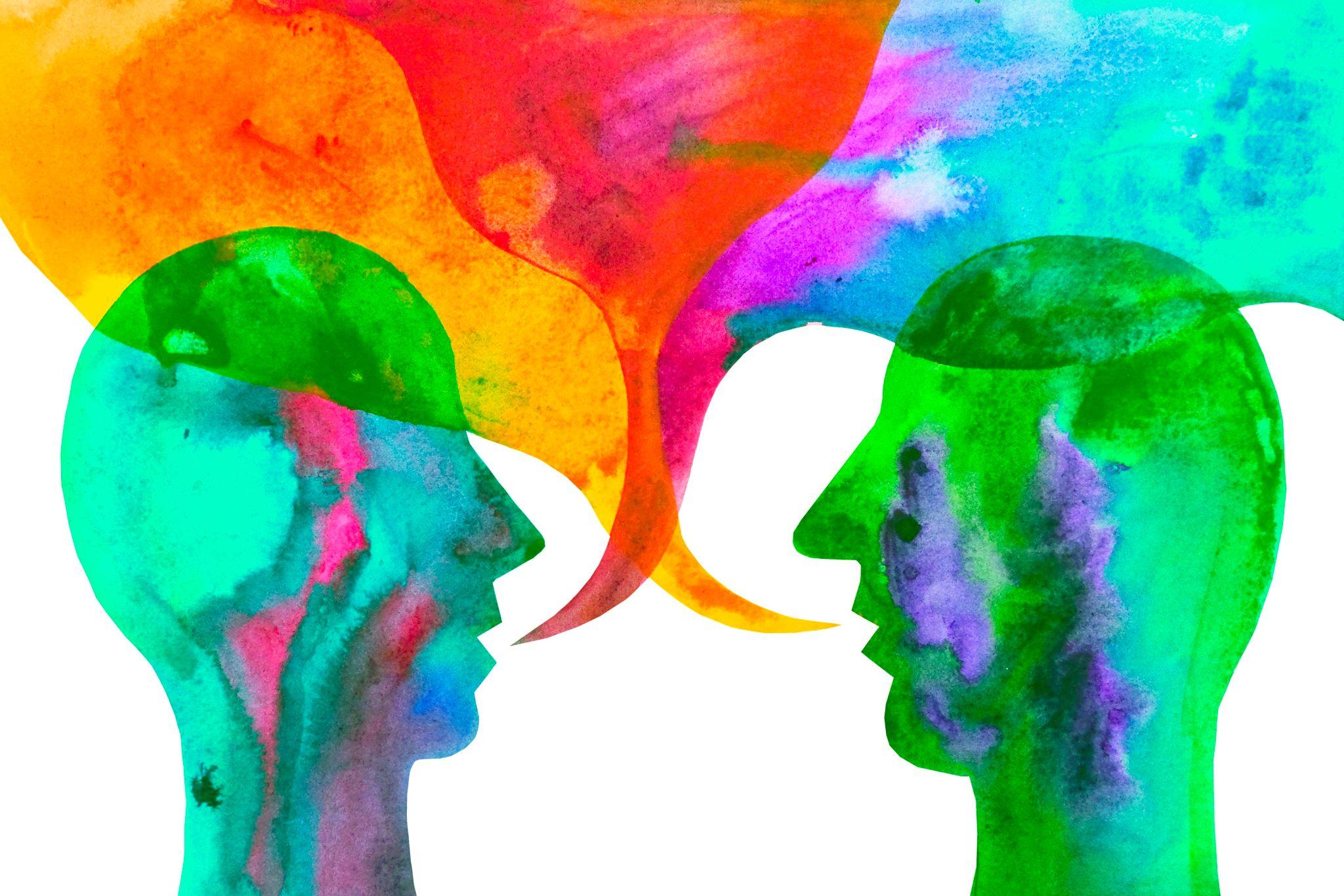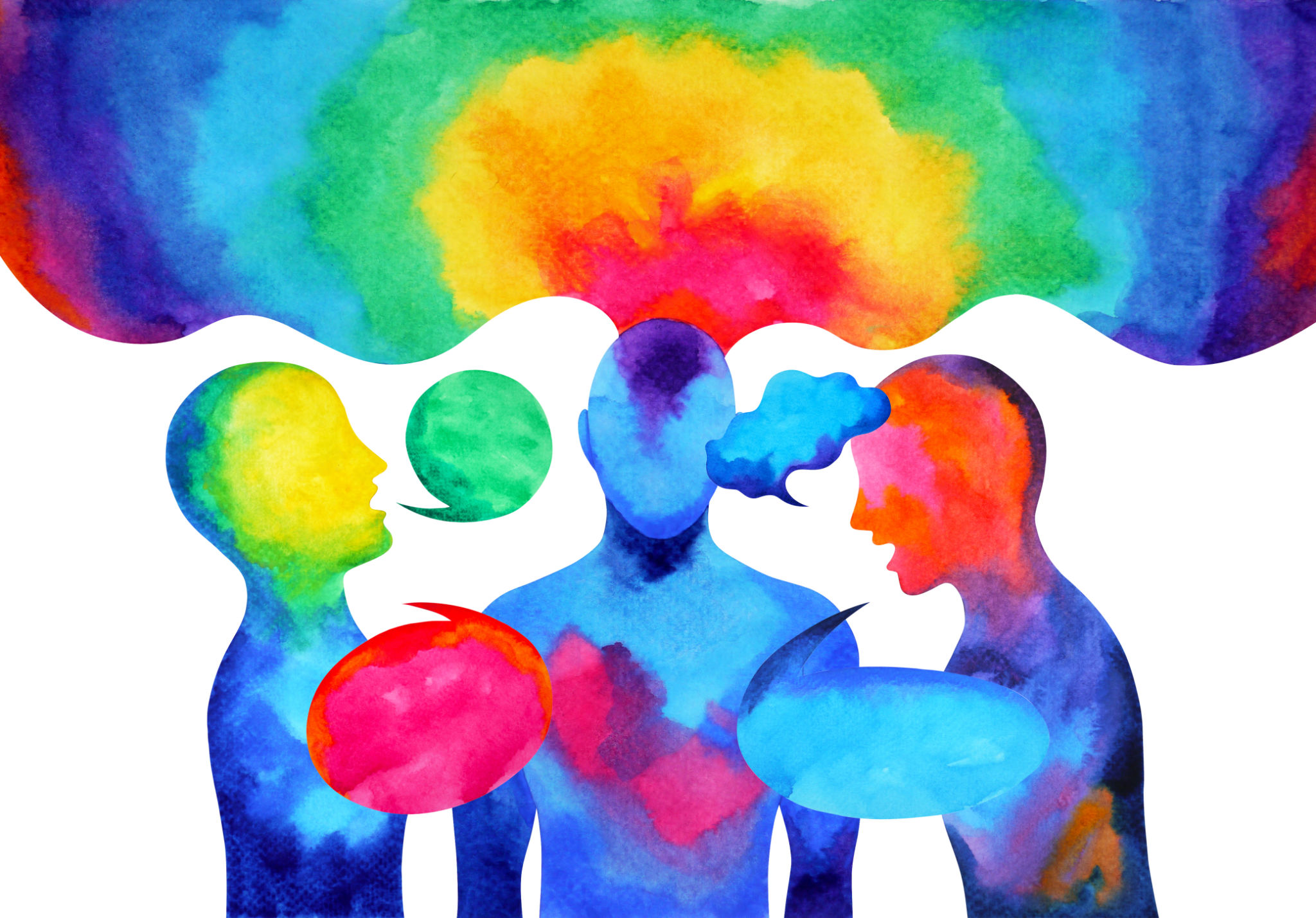The Growers Guild
Facilitating Collective Action
Facilitating Relationships, Learning, and Resource Sharing
Training, education, and convening spaces for learning and planning together are instrumental for building strategic, sustainable, and inclusive movements. The Horizons Project works with partner organizations to support trainers, facilitators, and coaches as they hone their craft in service of organizers, bridgebuilders, and activists working to strengthen our democracy and counter anti-democratic norms and behaviors.
The Growers’ Guild
The Growers’ Guild brings together a cohort of cross-disciplinary trainers, facilitators, and coaches who work within the bridgebuilding, social justice, and democracy spaces on an ongoing basis to:
- Co-create a learning community focused on honing craft and building collective muscle for analyzing context and thinking through trade-offs, gaps, and strengths of respective approaches to social change.
- Explore how practitioner training and convenings can be more creatively envisioned to weave together a broad-based pro-democracy movement and counter the rising authoritarian threats.
- Curate and develop interdisciplinary tools and resources that will help activists, bridgebuilders, and organizers build strong relationships and power in a way that centers common humanity, belonging, and resilience.
- Serve as a platform to offer contextualized coaching, training, and strategic planning support to local, state, and national groups and organizations that are working to strengthen our democracy and counter the rising authoritarian threat.
Background
Historic organizing wins in the US, including abolition, the 19th amendment, the Civil Rights Act of 1964, Voting Rights Act of 1965, and marriage equality took skill and strategy. Activists and organizers intentionally elevated ongoing injustices into the spotlight, developed narratives that linked movement aims to universal human values, and developed campaigns that combined dialogue with direct action to shift power and consolidate victories. Their awareness raising inevitably increased polarization within society. However, organizers engaged in long, hard work to cultivate the strong relationships, trust, and understanding needed to effectively manage tensions, develop movement infrastructure, and build out mobilization muscle—all so that at the right moments, movements would be ready to harness their power to drive change.
With authoritarianism on the rise and backsliding democracy in the United States (and globally), the stakes for movement-builders to achieve their goals have never been higher. So how can a larger swath of organizers work within the movement ecosystem and, together, push back against the authoritarian threat while simultaneously communicating a clear, inclusive vision of the society we seek to build?
Nonviolent movements have used training in civil resistance, organizing, narrative development, and Kingian nonviolence (which incorporates a strategic sequence of nonviolent action tactics [e.g., protests, boycotts, strikes, teach-ins, community aid, etc.] and peacebuilding approaches [e.g., dialogue, negotiation, mediation, reconciliation, etc.]) to help build their base and achieve their goals for decades. However, with so many diverse curricula and training networks, it can be difficult for organizers from different parts of a fragmented ecosystem to make sense of what is out there and how these different frameworks, approaches, and tactics can reinforce each other to build an inclusive, just, pluralistic democracy.
Horizons hosted a panel of trainers, facilitators, and organizers that work in different methodologies across the movement space. The aim was to discuss how people who fill “cross-network roles” (like movement trainers, facilitators, and coaches) can help activists, organizers, and bridgebuilders do some of this sensemaking. One of the main takeaways from this event was that trainers could benefit from ongoing conversations about how different methodologies, approaches, and curricula can reinforce one another to address key challenges and opportunities they are seeing across the social justice, democracy, and bridgebuilding spaces. Another recommendation was that diverse movement-focused organizations and networks press funders to increase and sustain their investments in training and coaching as a core element of supporting broad-based pro-democracy movement.
After the discussion, the Horizons team held more than 60 scoping conversations with key US-based training organizations to better understand the training landscape and explore what future conversations amongst these groups are needed, as well as who might be interested and available to participate. This resulting Growers’ Guild initiative brings together 16 trainers, facilitators, and coaches from the larger ecosystem of social change (including nonviolent action and social justice, leadership and organizing, bridge building and peacebuilding, and pro-democracy/anti-authoritarianism organizing).
In addition to the core group of Growers’ Guild members, Horizons is committed to sharing key insights and potential tools the Guild may develop with a larger network of friends/organizations interested in these reflections/resources. We are also exploring how to more meaningfully engage this larger network.
For additional resources, Horizons has partnered with the 22nd Century Initiative, United Vision Idaho, and others to support a Democracy Resource Hub on The Commons Social Change Library. If you are interested in learning more about the Growers’ Guild, getting on the listserv for updates, or sharing ideas, please contact tabatha@horizonsproject.us.






